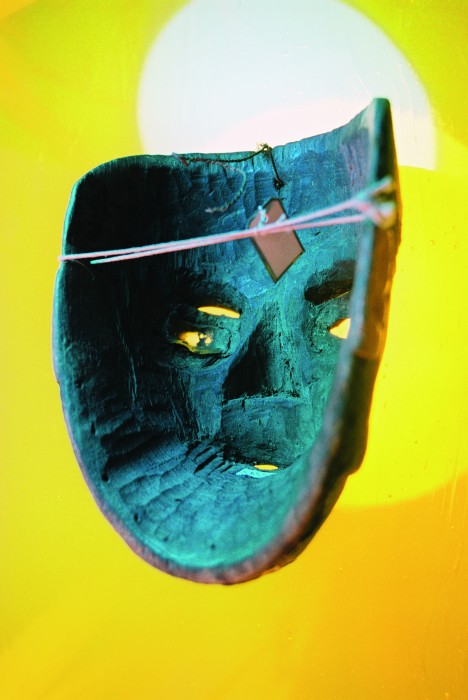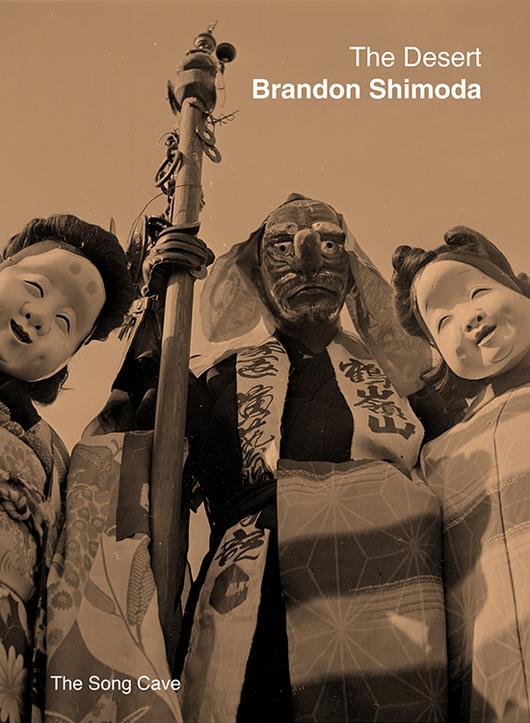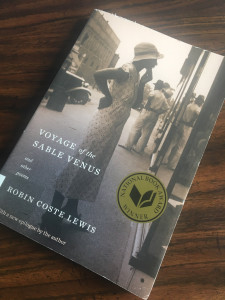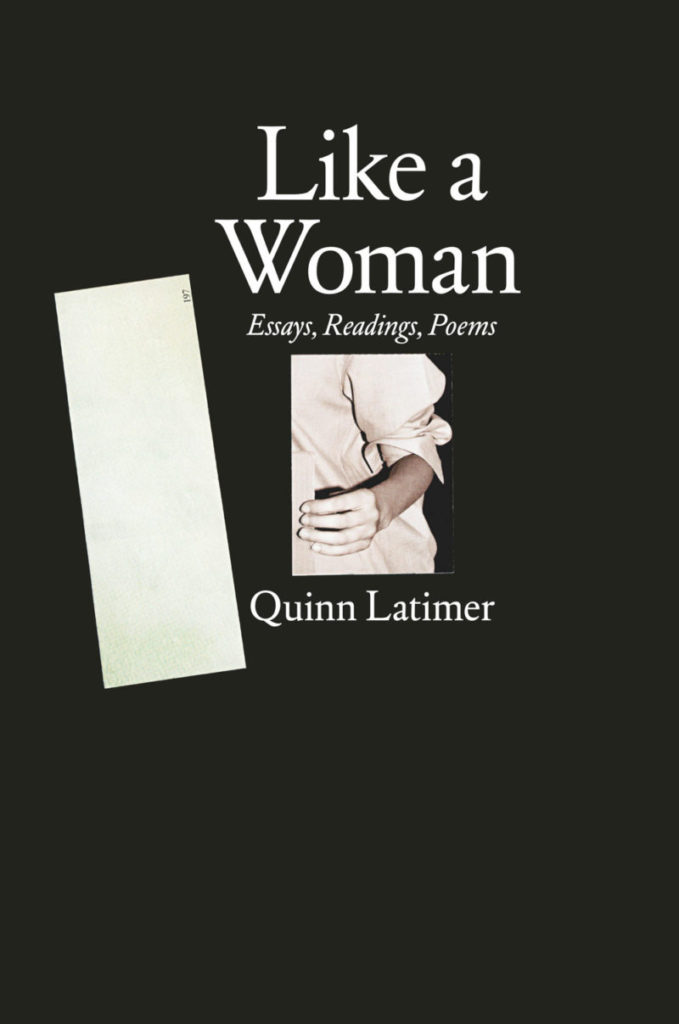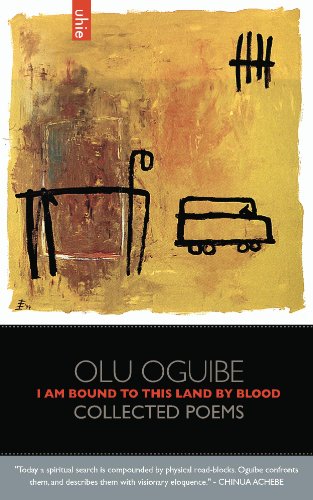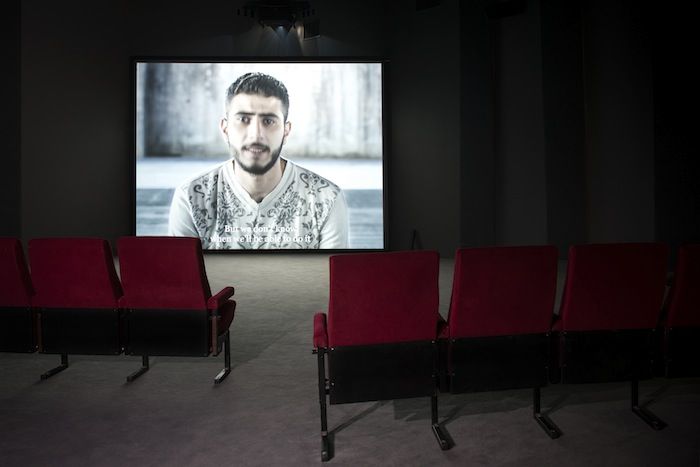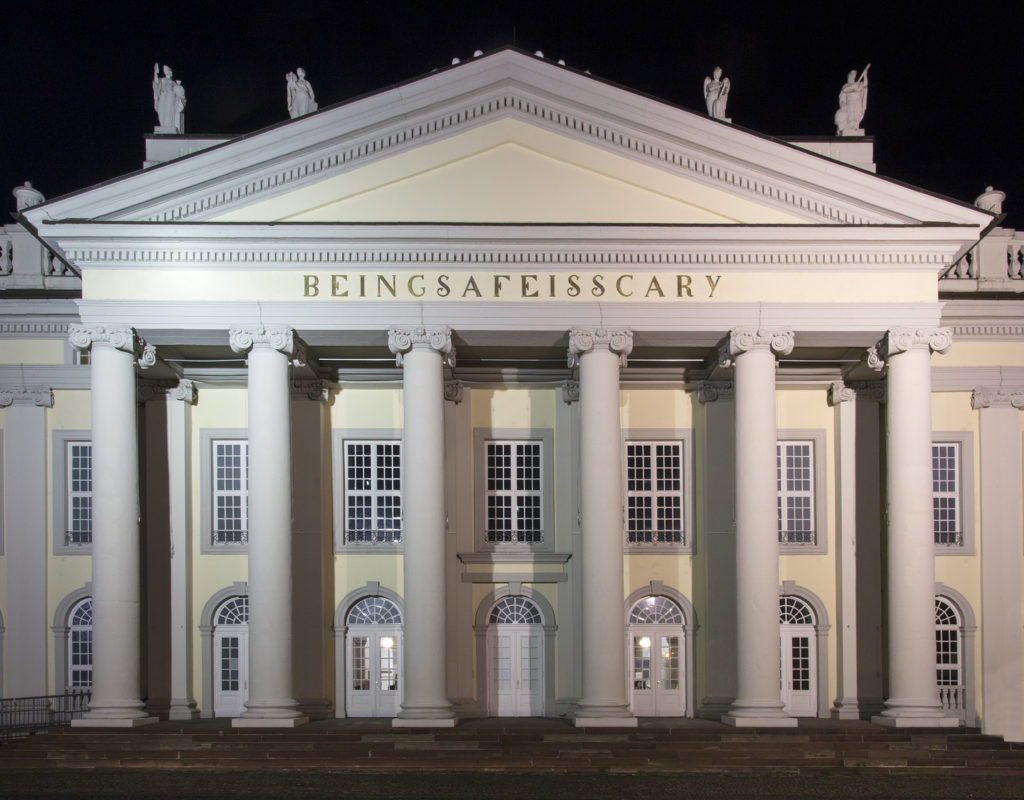Masks in the Theater: Masks on Stage
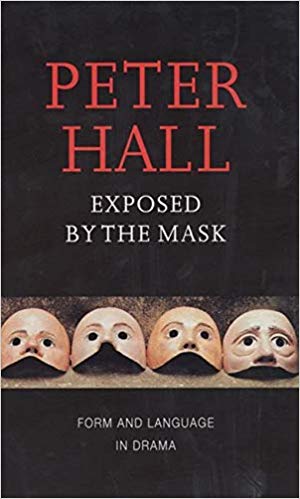
Chris Marker “The Owl’s Legacy”, Episode 12: TRAGEDY, or, the illusion of death
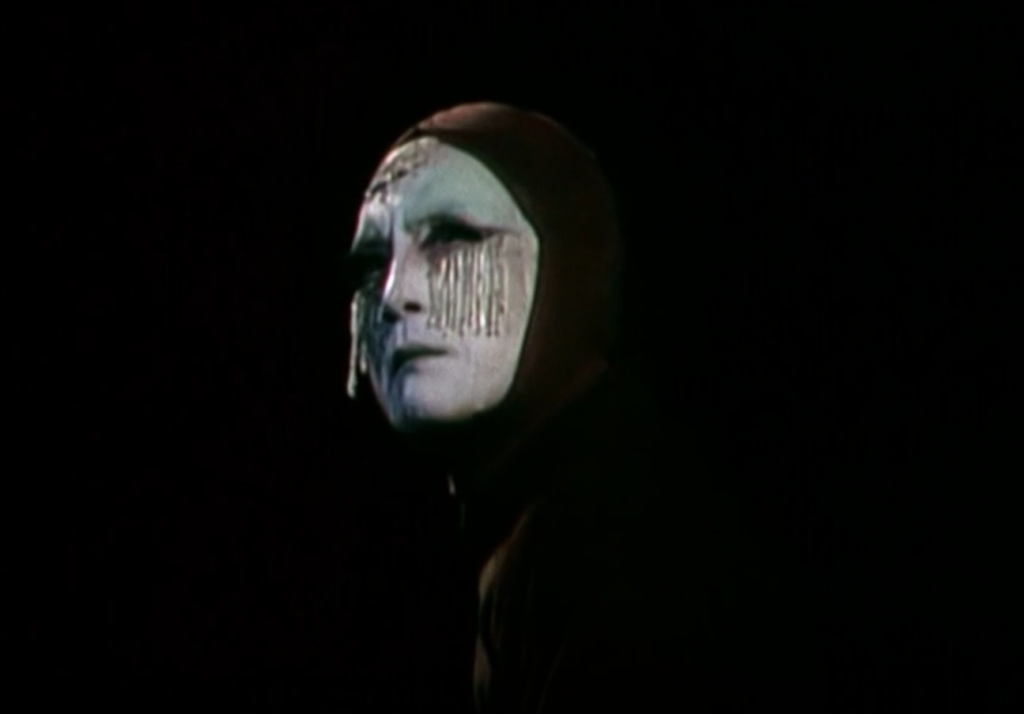
Hans Belting (2017) ‘Face and Mask in the Theater’, in Face and Mask: A Double History, pp. 48-63
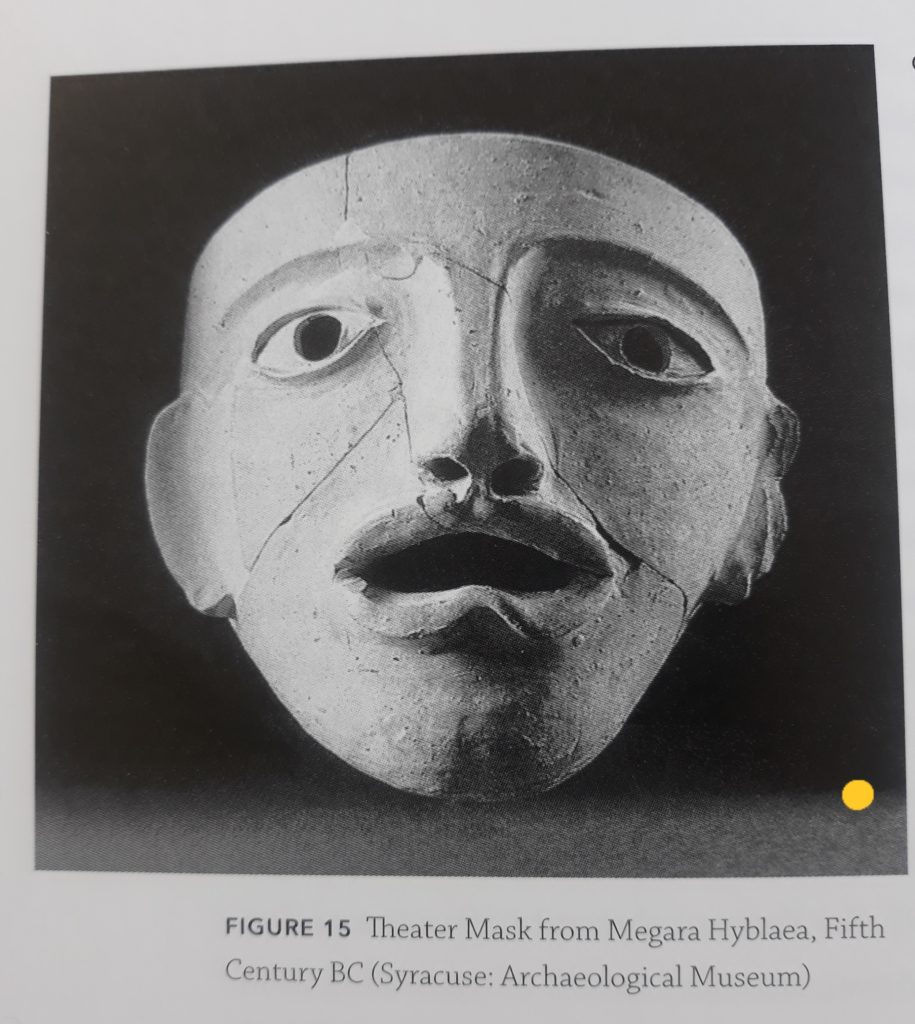
Since the origin of the theater, the mask has been inseparable from its history. Throughout this evolution the mask has been subject to changing interpretations. On the stage ancient customs of the mask from cult ceremonies developed from those that once invoked gods and ancestors.
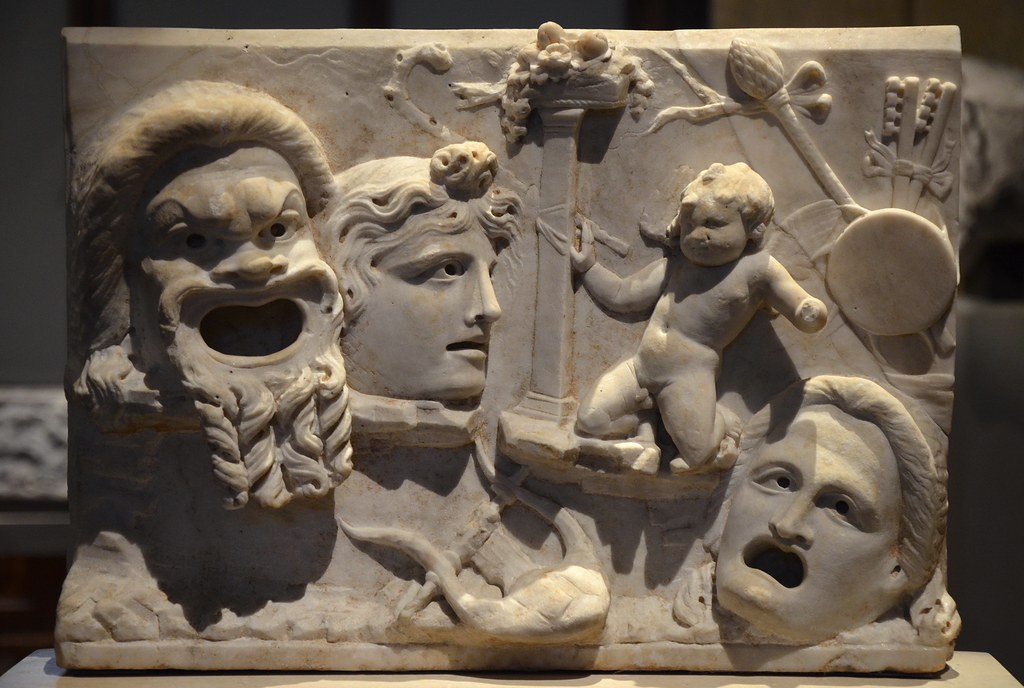
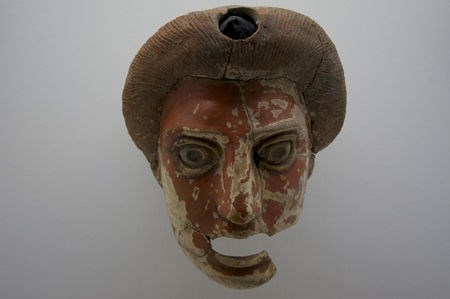


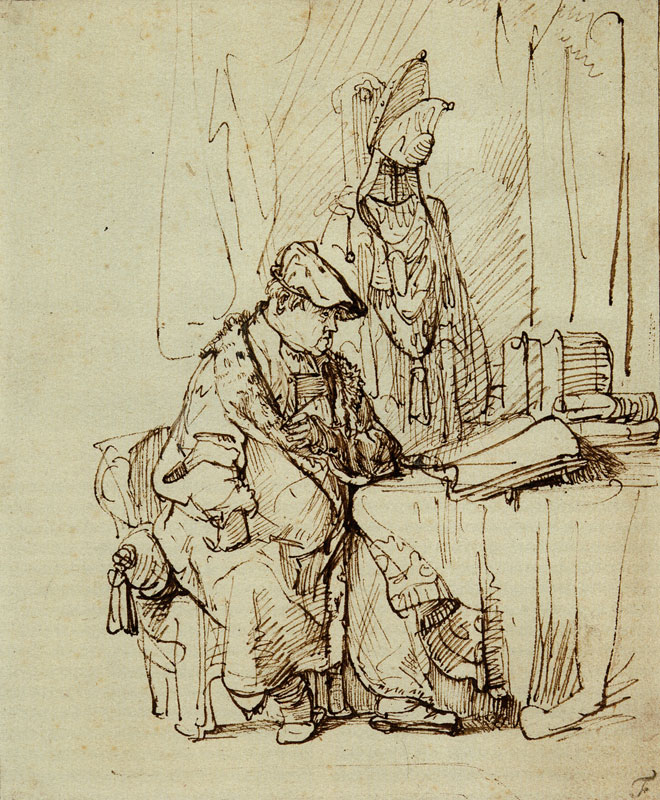
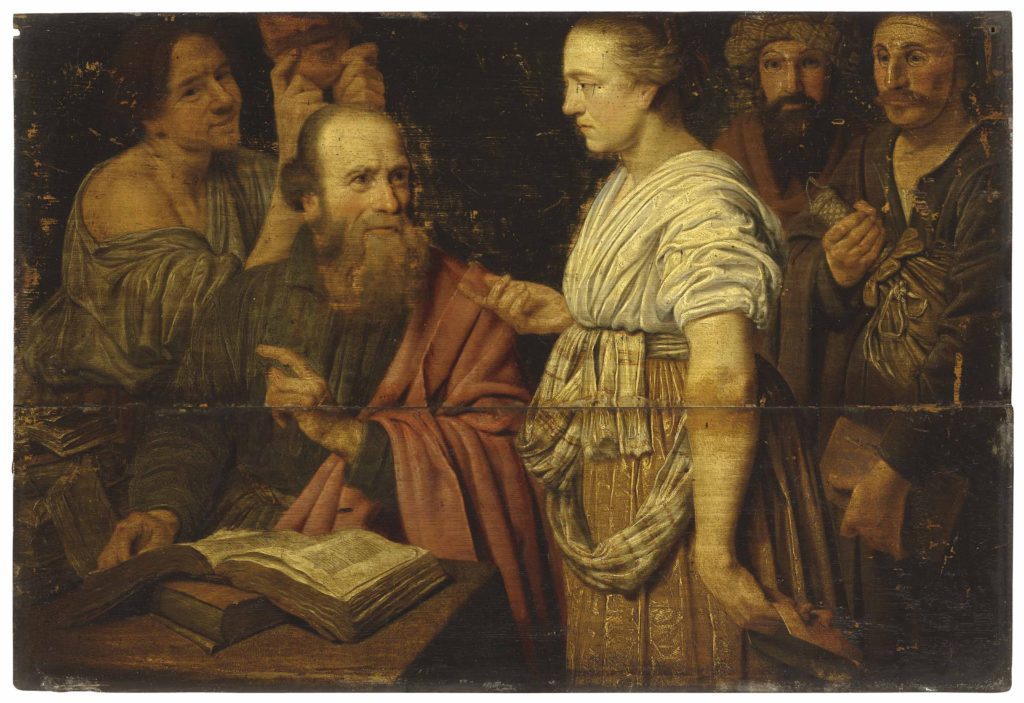
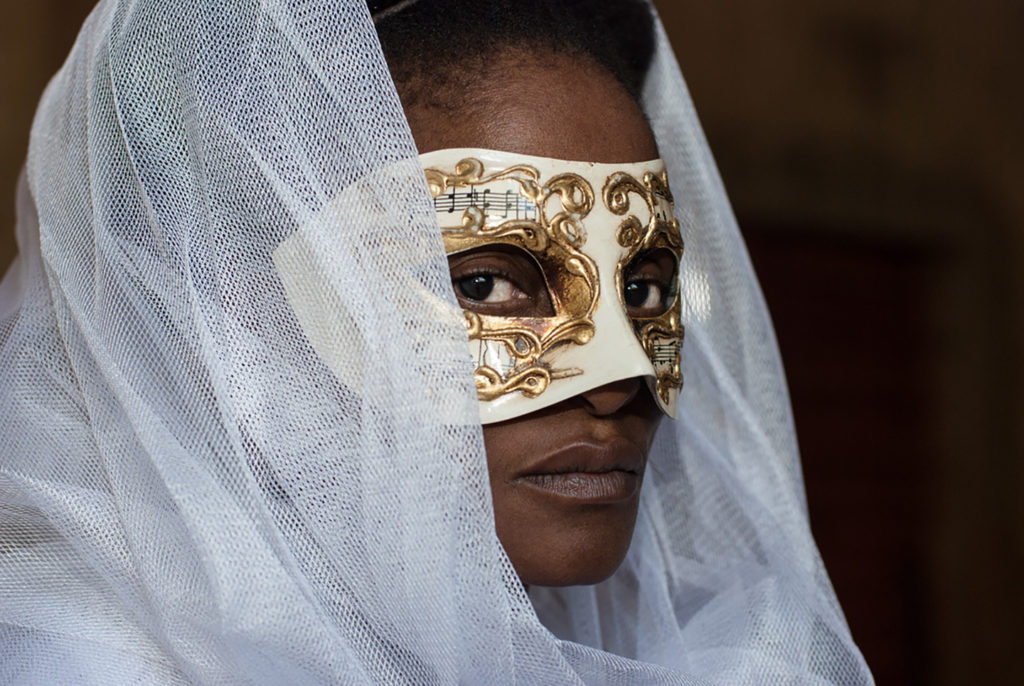
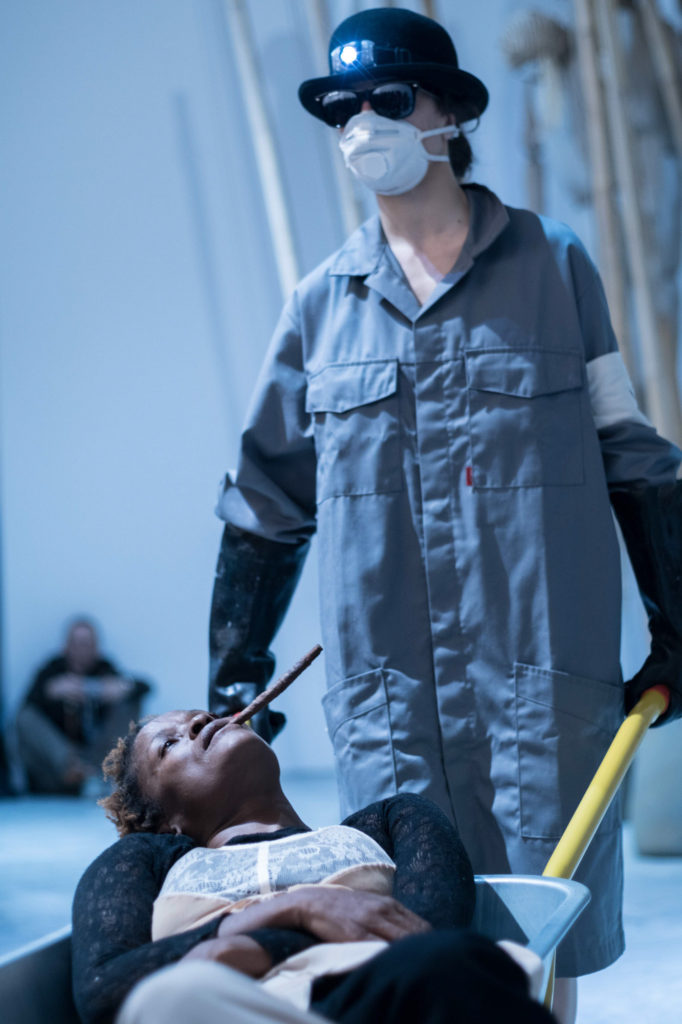
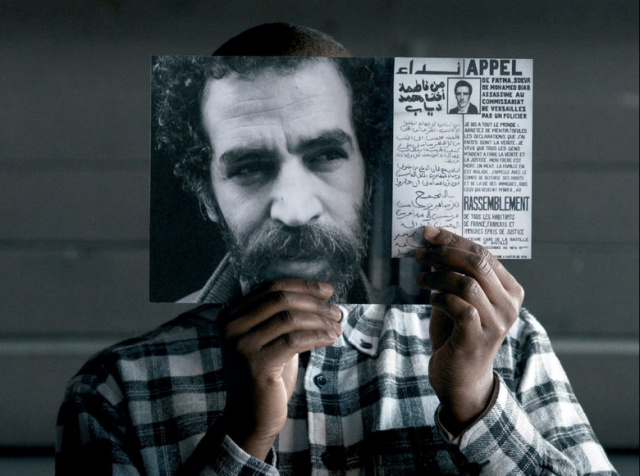
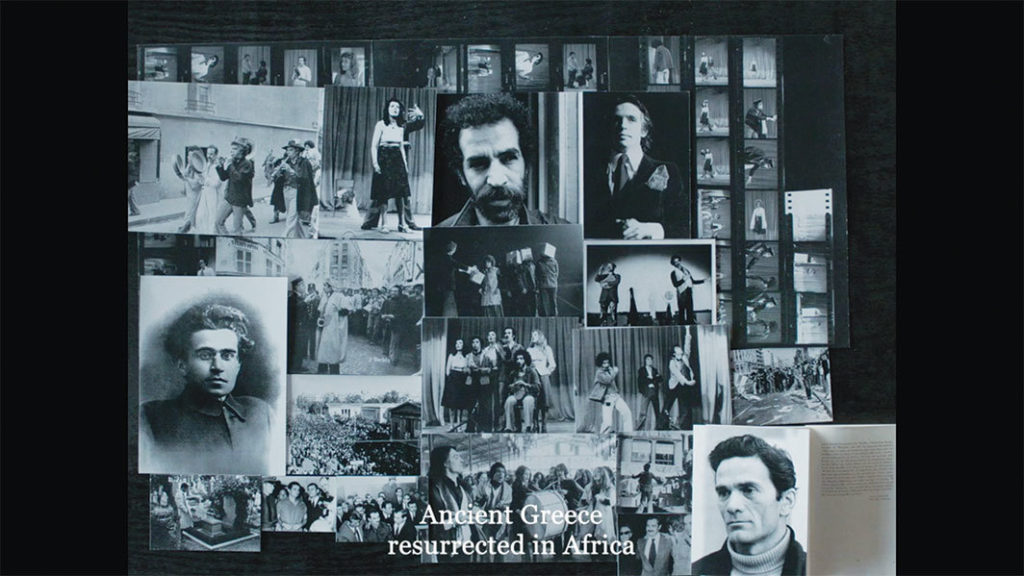
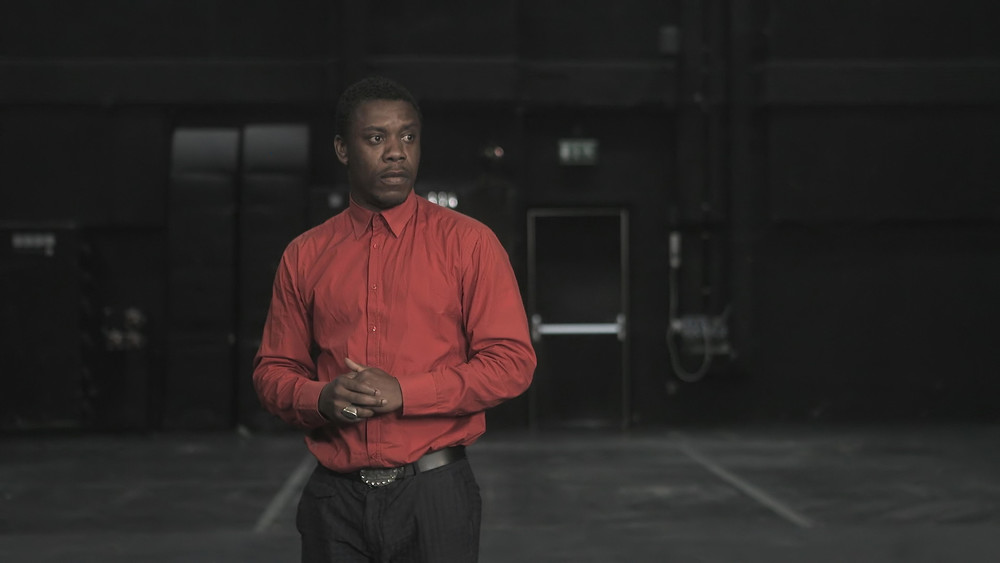
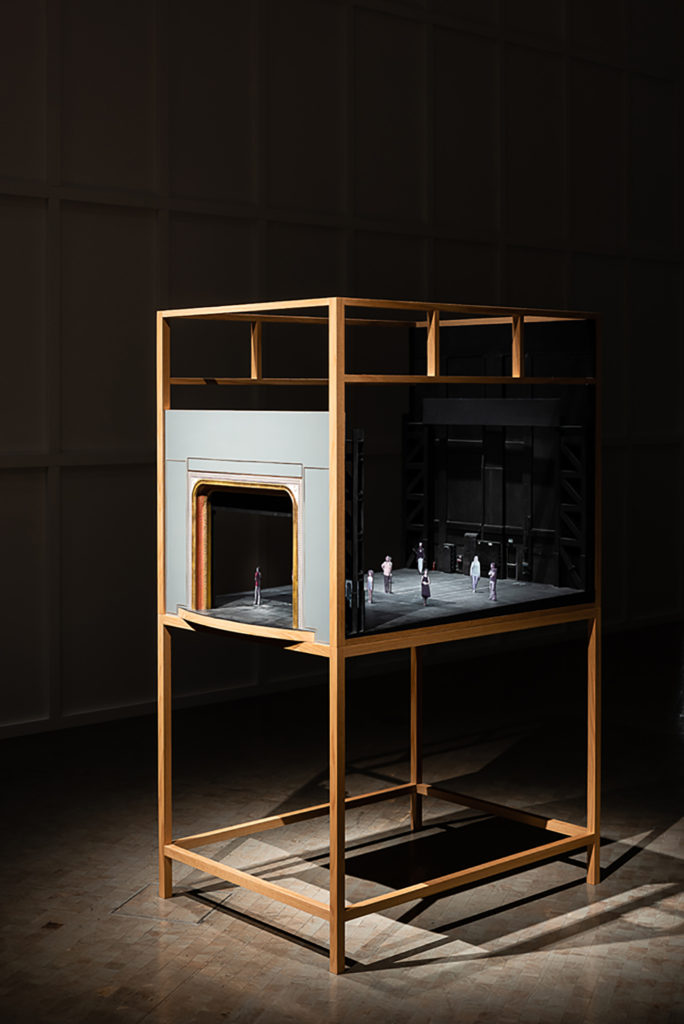
Masks & Silence: South as a State of Mind #2
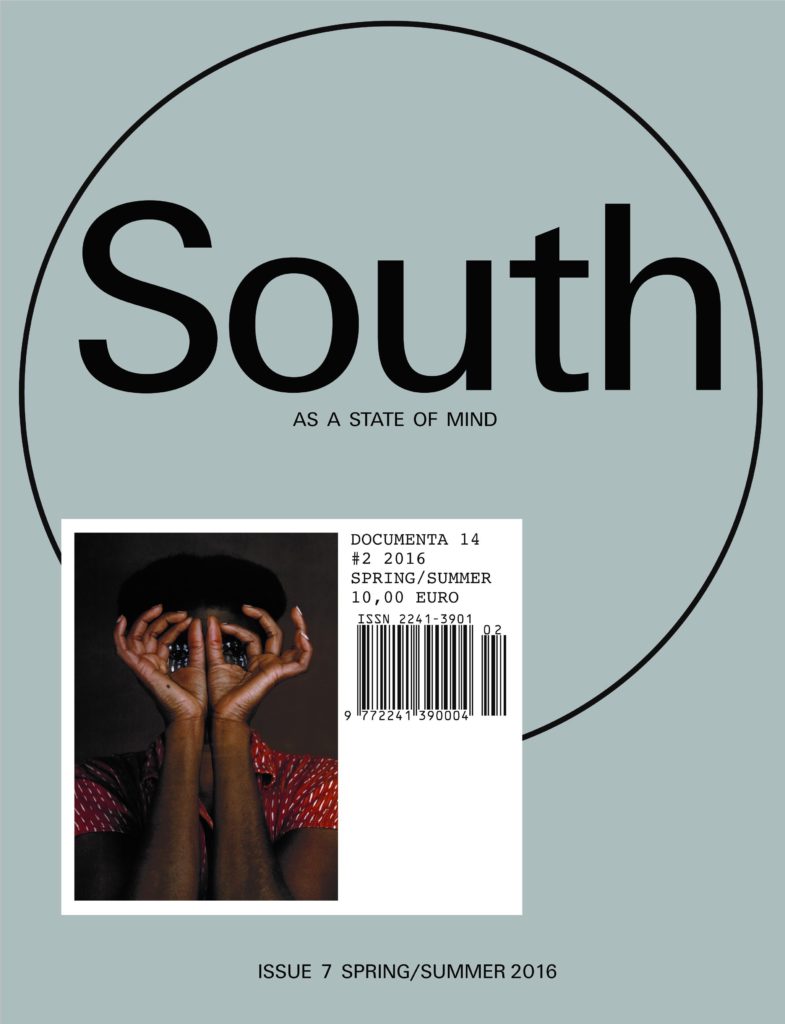
Silence as resistance; masks as resistance. Both, perhaps paradoxically, as means to act and to speak, as modes of aesthetic and political participation. If words and images can be put to the service of critical inquiry, silence and masks, while withdrawing the claim on self-evident truth, can help give sharp contours to political statement, testifying to the need to address the real—without, however, falling into the pitfalls of direct representation. In essay and allegory, artist projects and conversation, poetry and fiction, this second volume of the documenta 14 South as a State of Mind explores issues of masking identity and silencing dissent, orality and recognition, indigeneity and exile, provenance and repatriation, and colonial and gendered violence. We examine and don masks, understanding them as historical and contemporary means of occlusion or subversion often employed to defy the ways in which our bodies are unequally accorded basic rights in the dehumanizing nexus and global economy of citizenship, geography, race, and gender. In parallel, we survey silence—one of the many masks of language—as a response to the empty authority and authoritarianism of so much communication, a long linguistic flood of nationalistic propaganda, neoliberal preaching, and coded violence. Indeed, we know silence as a necessary aspect of language, as a way to propose a kind of radical reception. For to be silent suggests not only resistance but recipience and recognition. As Stathis Gourgouris observes, “One listens to the universe before anything else.” Withholding or receptive, adorned and defiant, often displaced and transforming, the voices and bodies that fill this volume of South demonstrate that silence and masks are often the means by which aesthetics and politics, cultural production and political protest, meet and cross over. “But who is speaking in this room full of eyes?” Alejandra Pizarnik asks. “Who gnaws with a mouth made of paper? Names that come up, shadows with masks.” We wish you good reading.
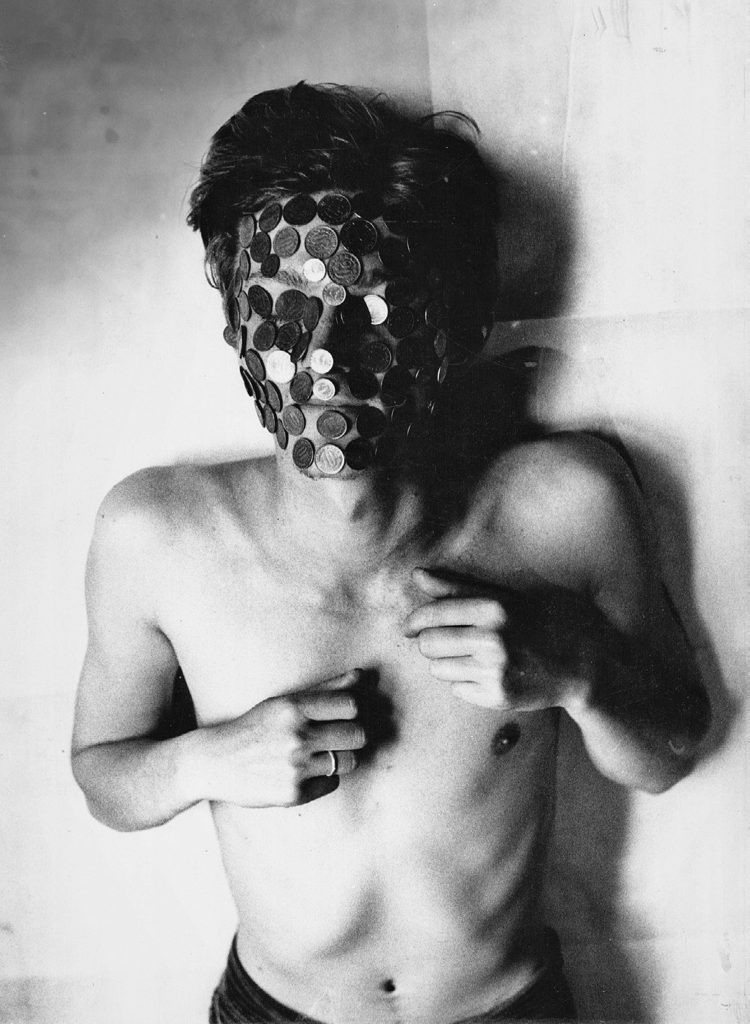
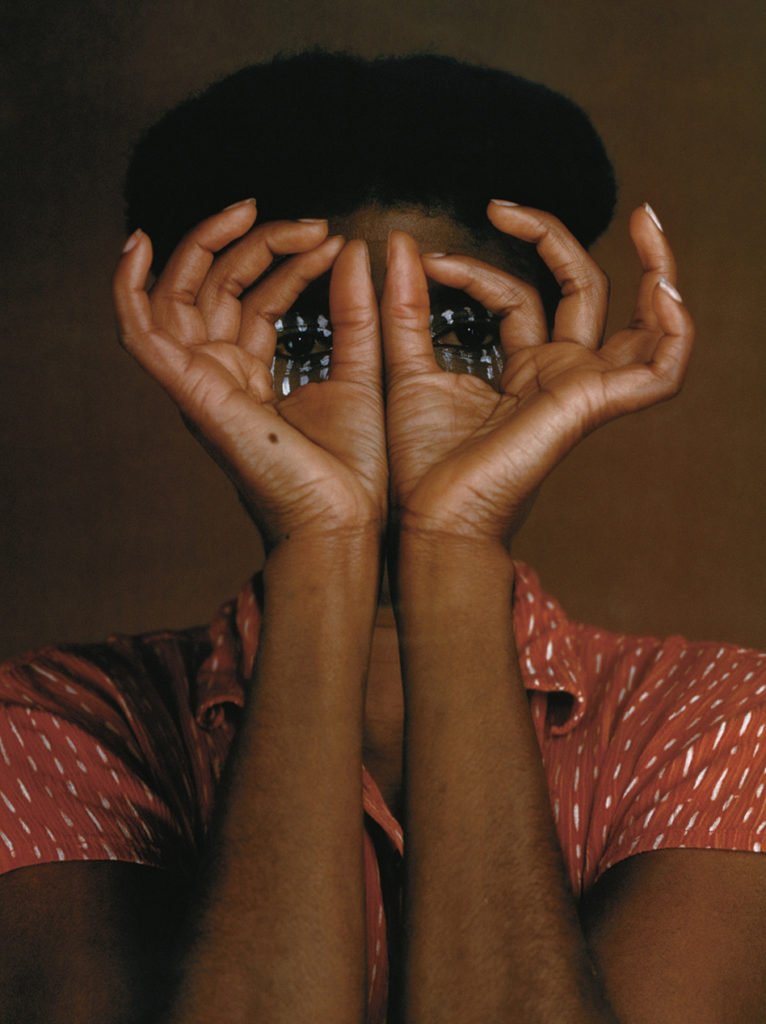

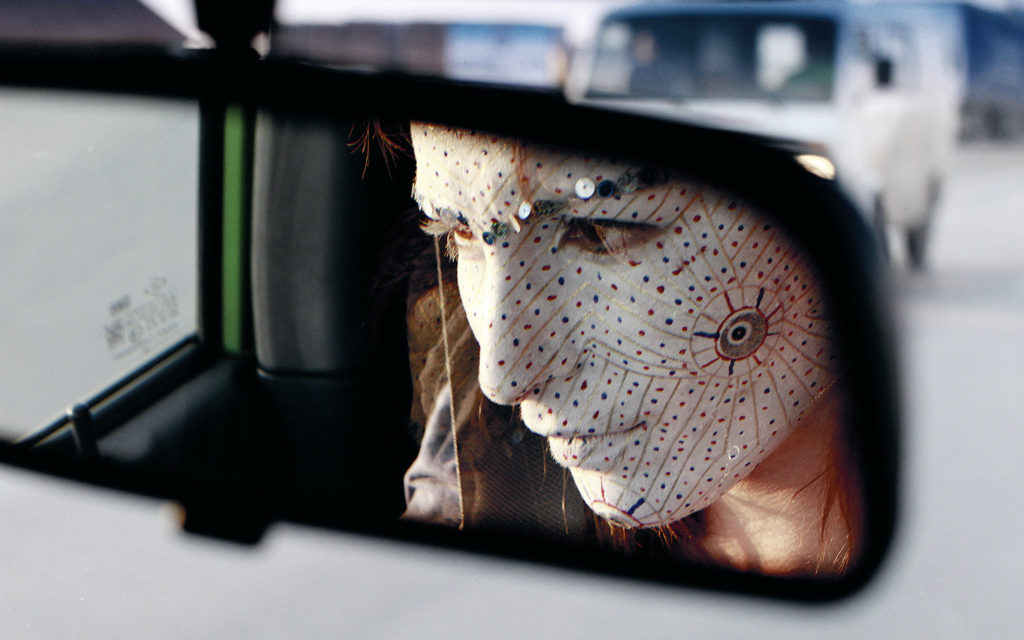
María Magdalena Campos-Pons and Neil Leonard
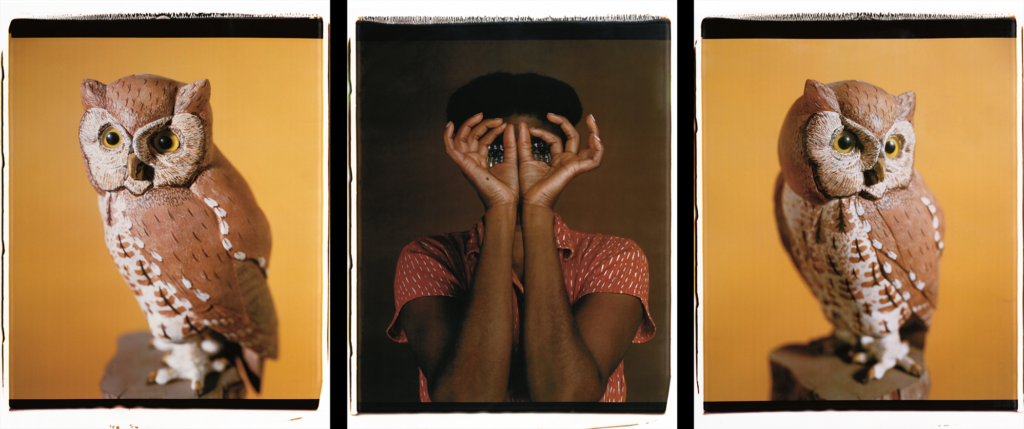
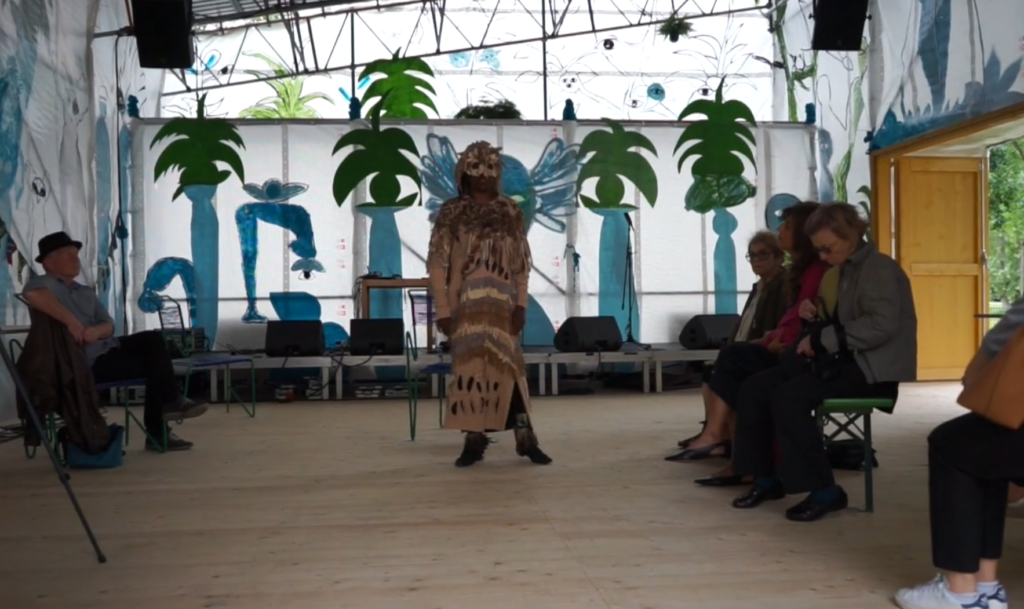
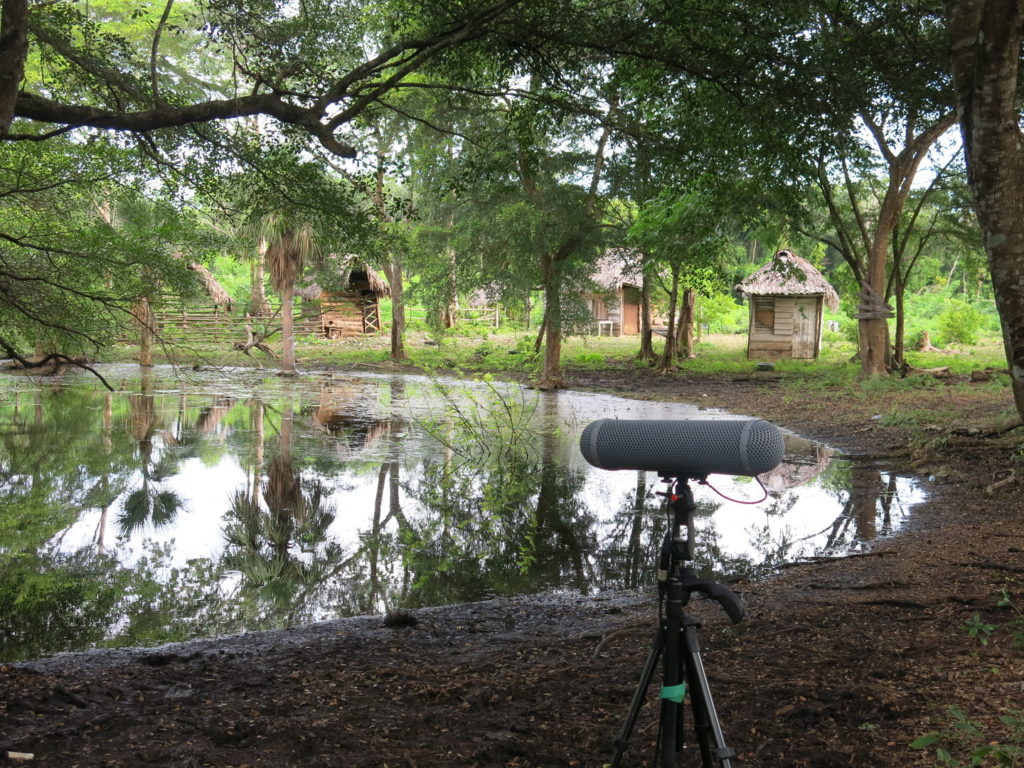
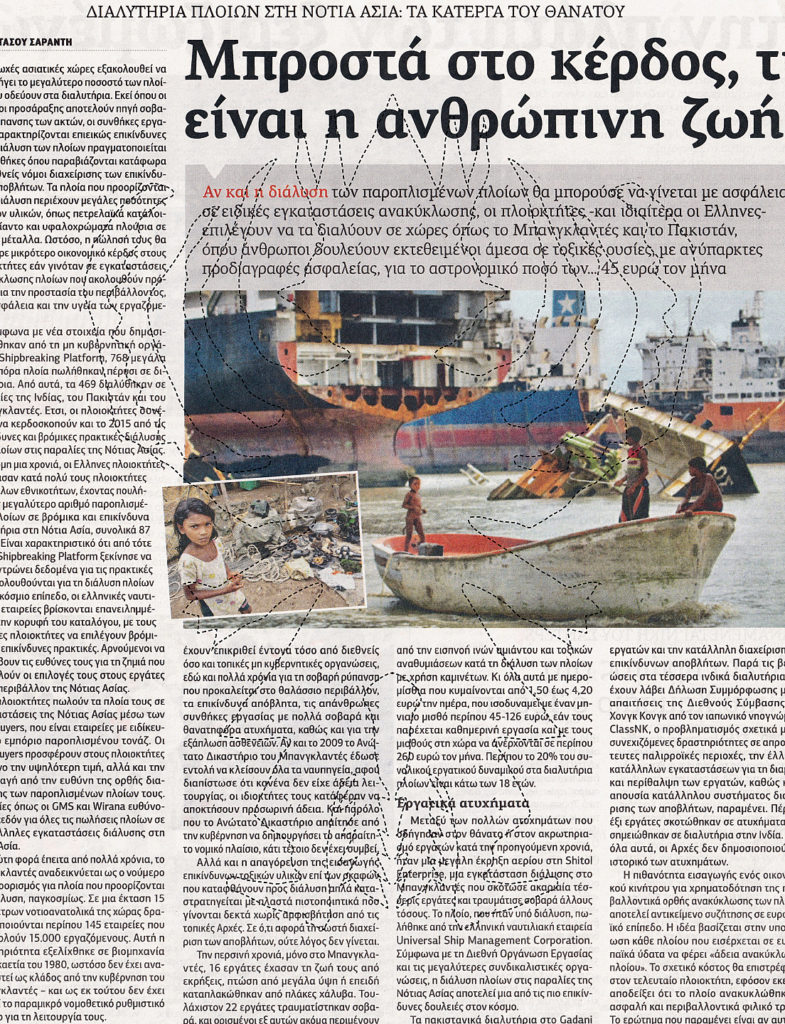
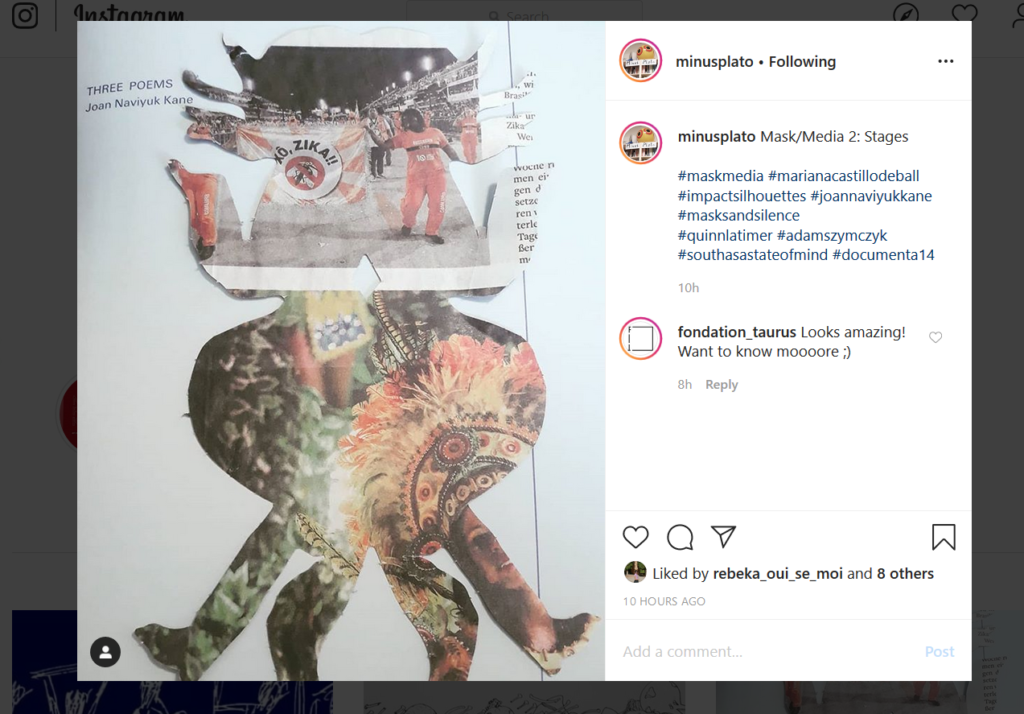
Stathis Gourgouris Mask Silence, Silence Masks, or A Condition of Utmost Listening
Stathis Gourgouris Transgressive Listening
Language as Stage
Poetry
Quinn Latimer The Mask of Language: Poems of Alejandra Pizarnik and Fourteen Poems by Alejandra Pizarnik
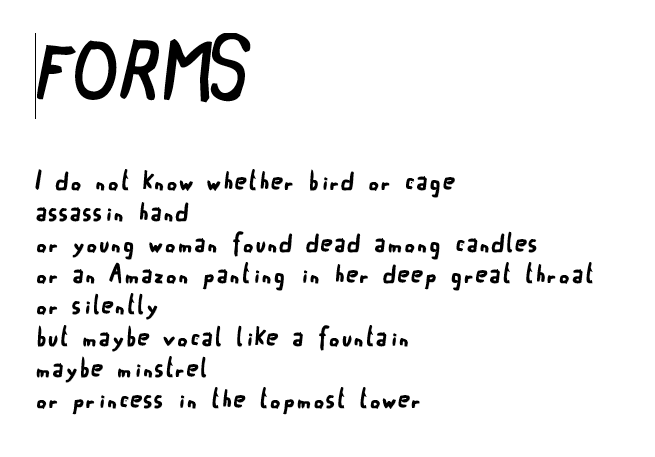
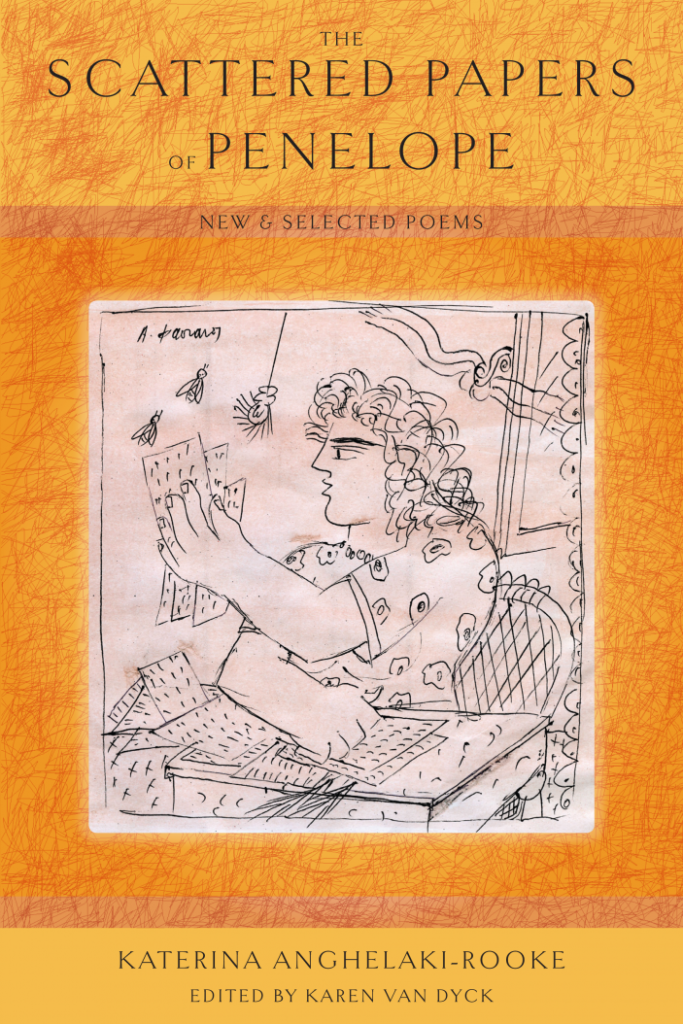
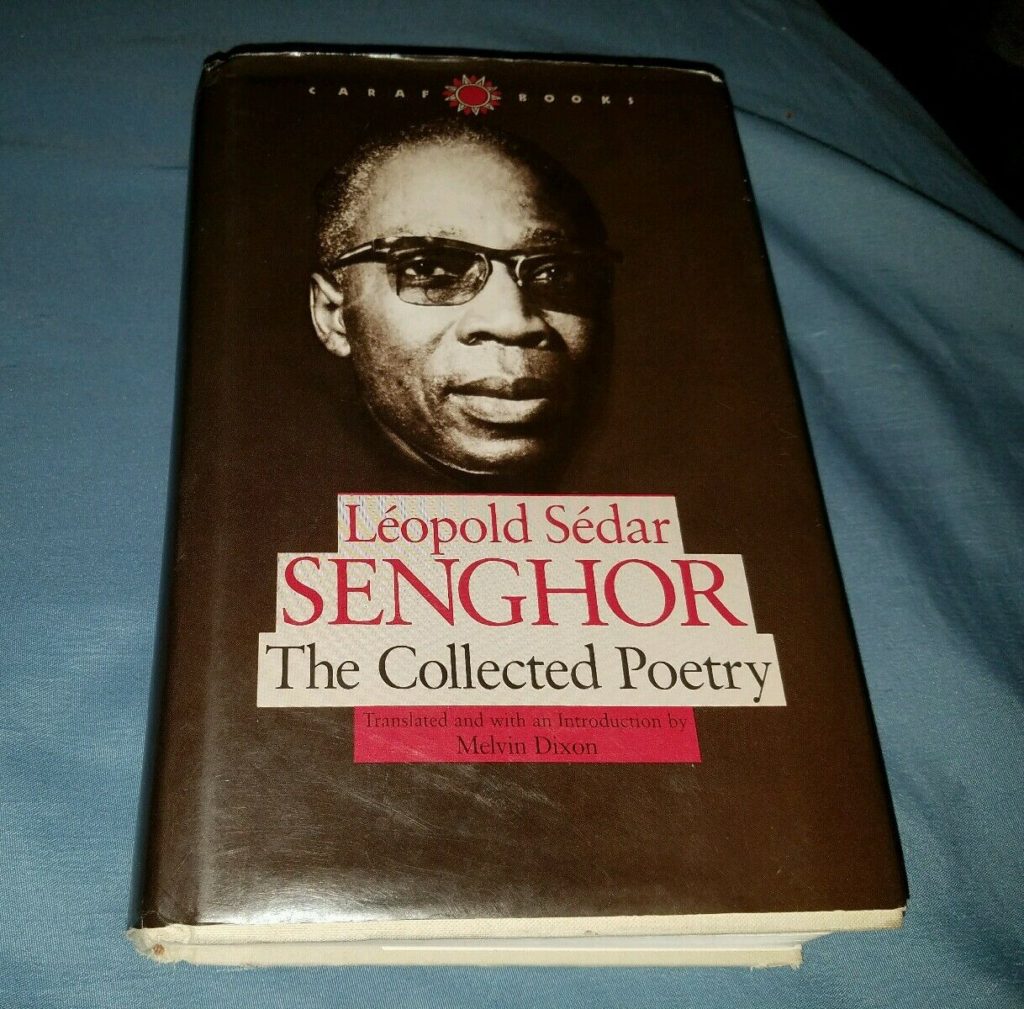
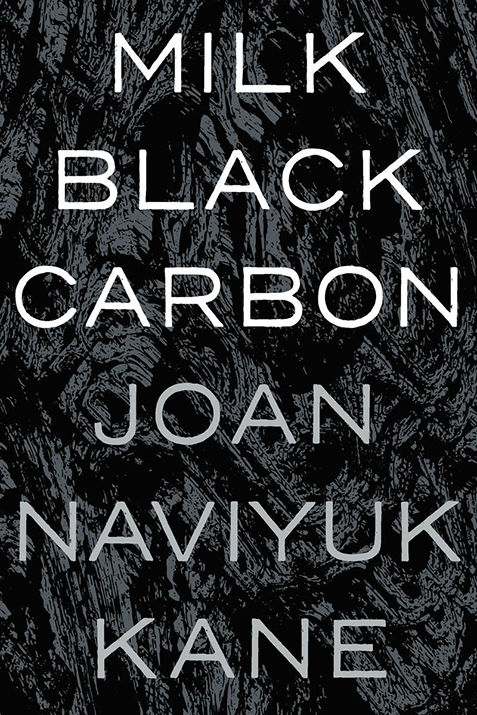
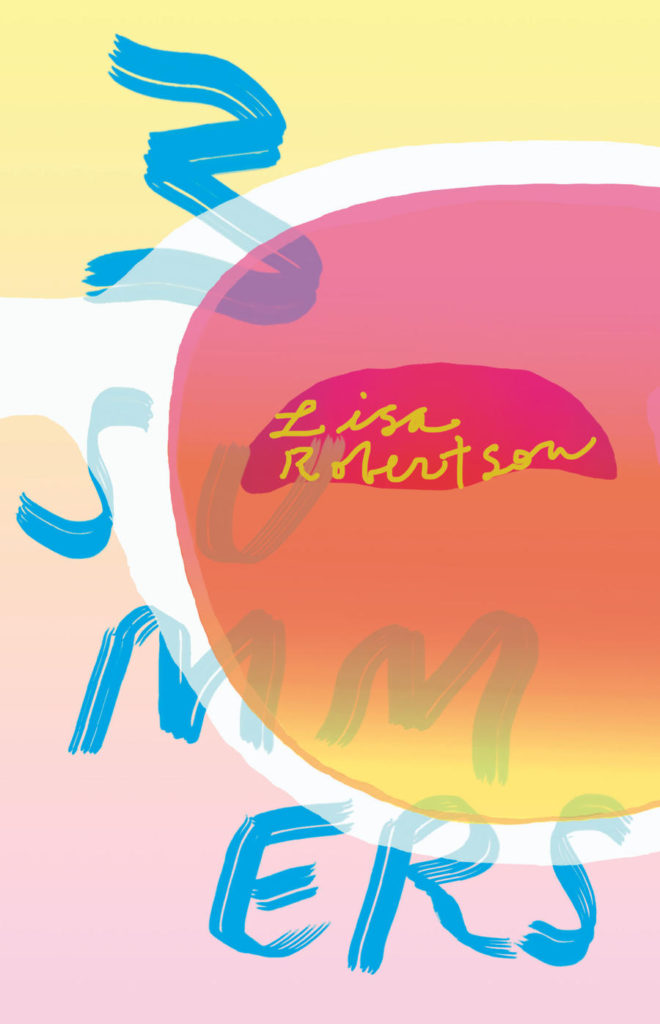
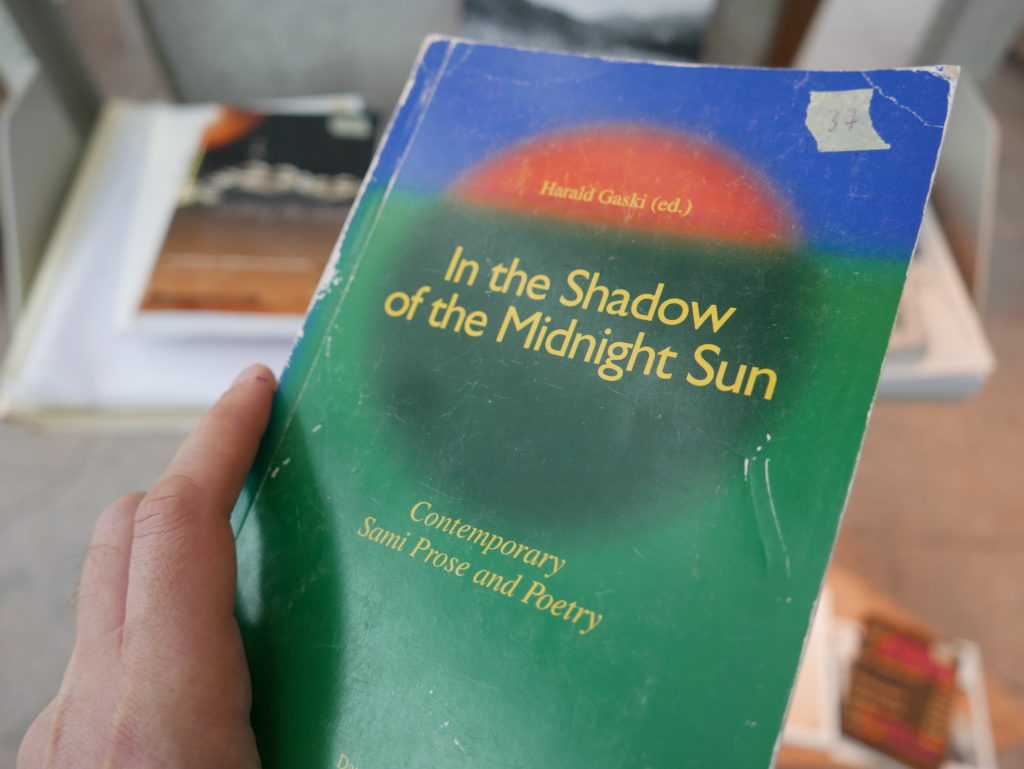
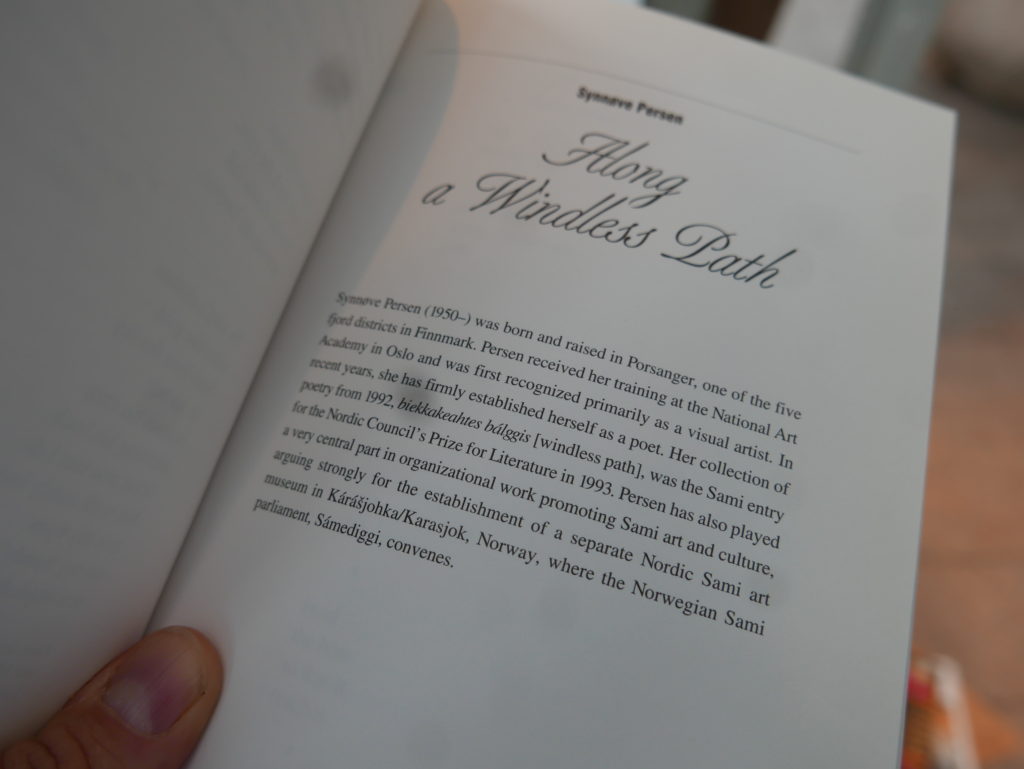
Music
Henrik Folkerts Keeping Score: Notation, Embodiment, and Liveness
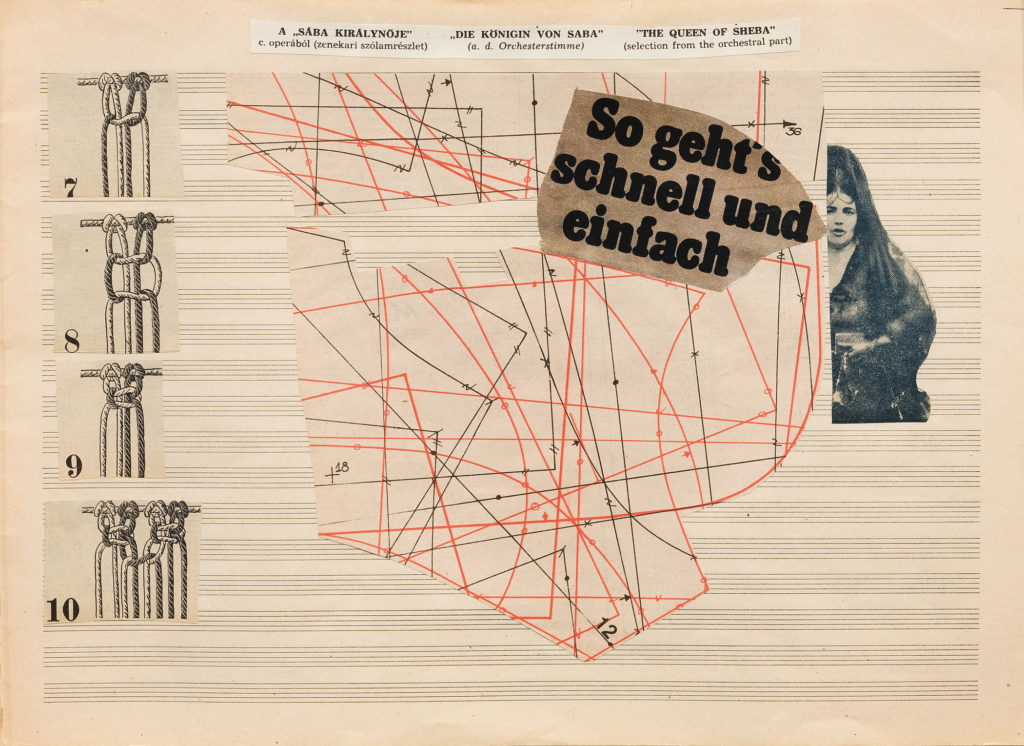
Henrik Folkerts Homage to Pauline Oliveros
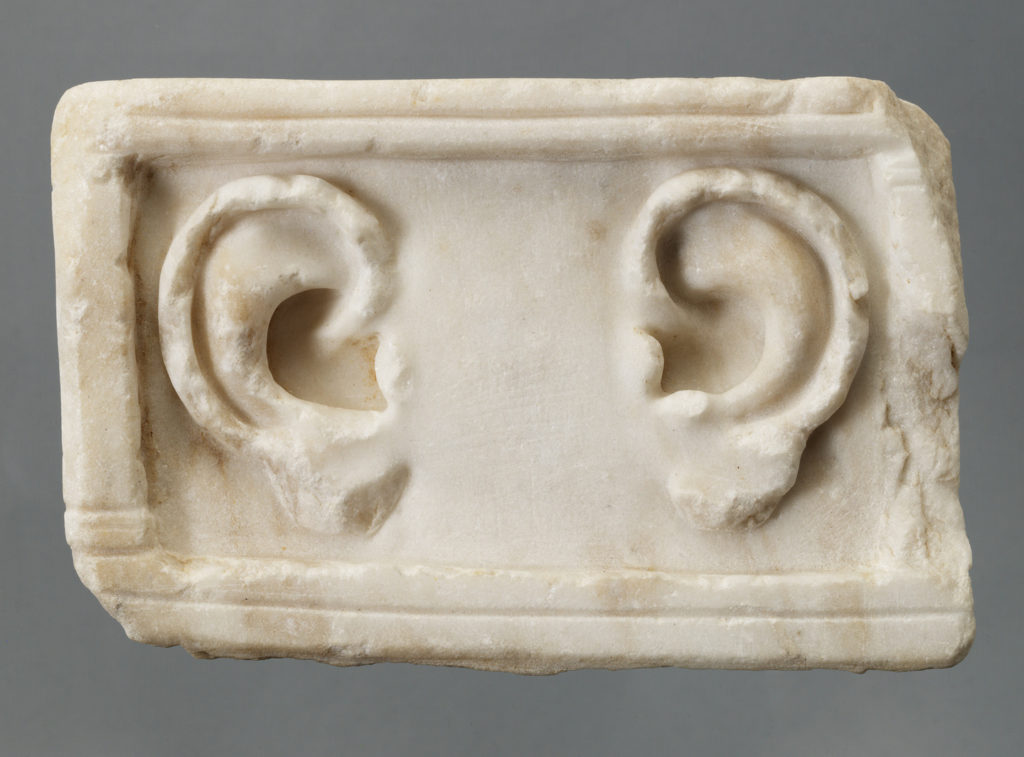
Benjamin Patterson (1934–2016)
Theater
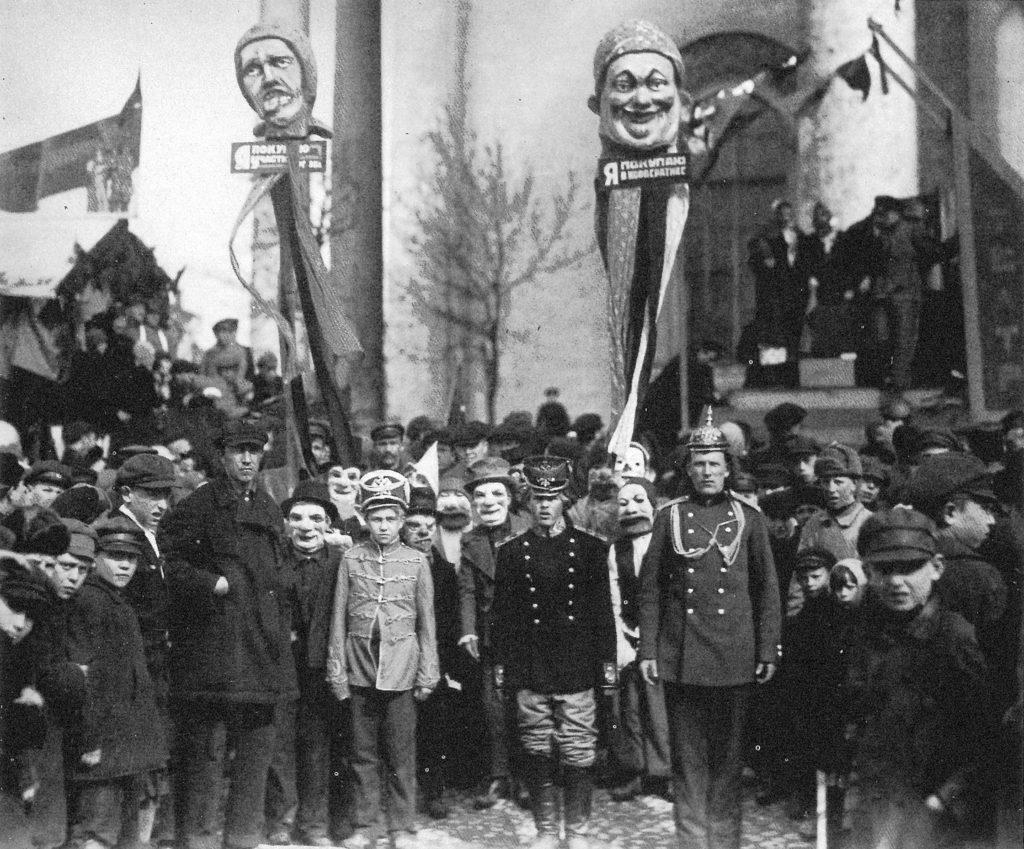
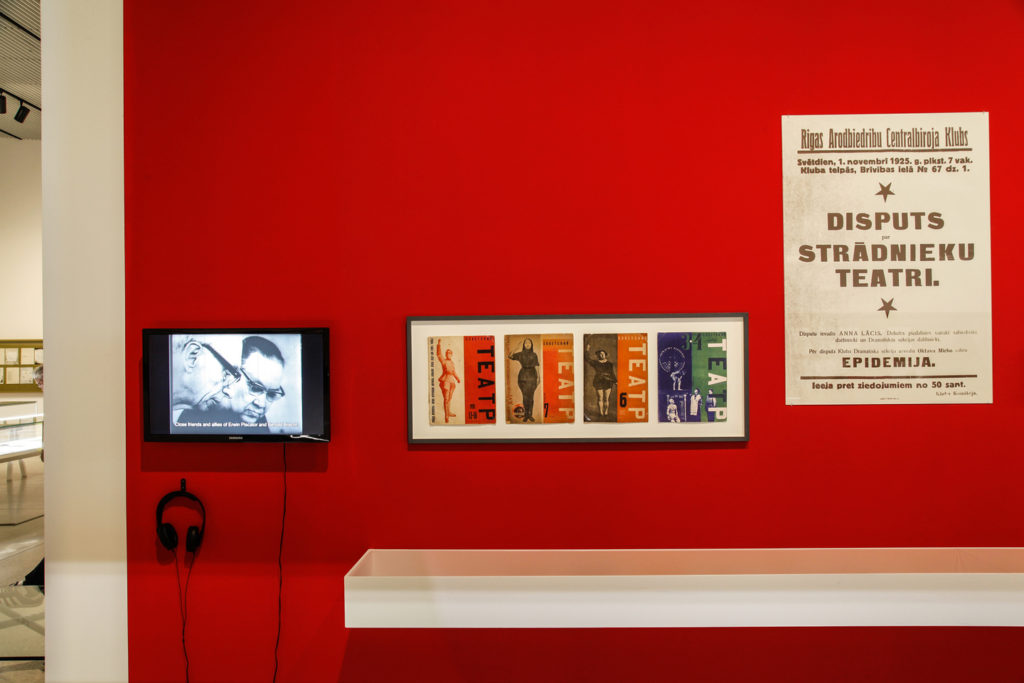
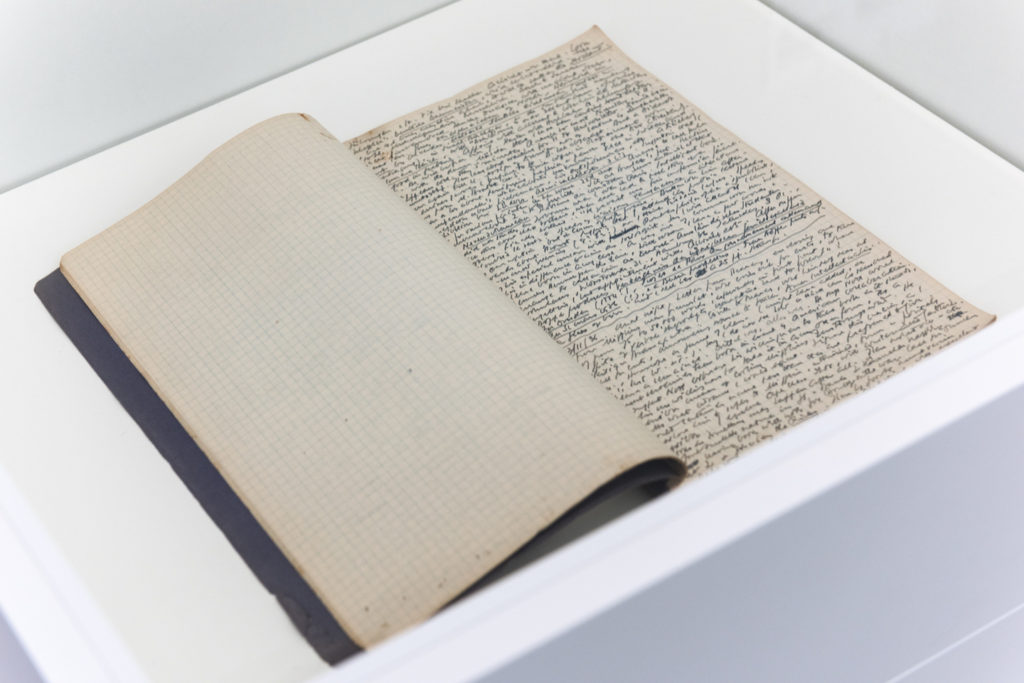
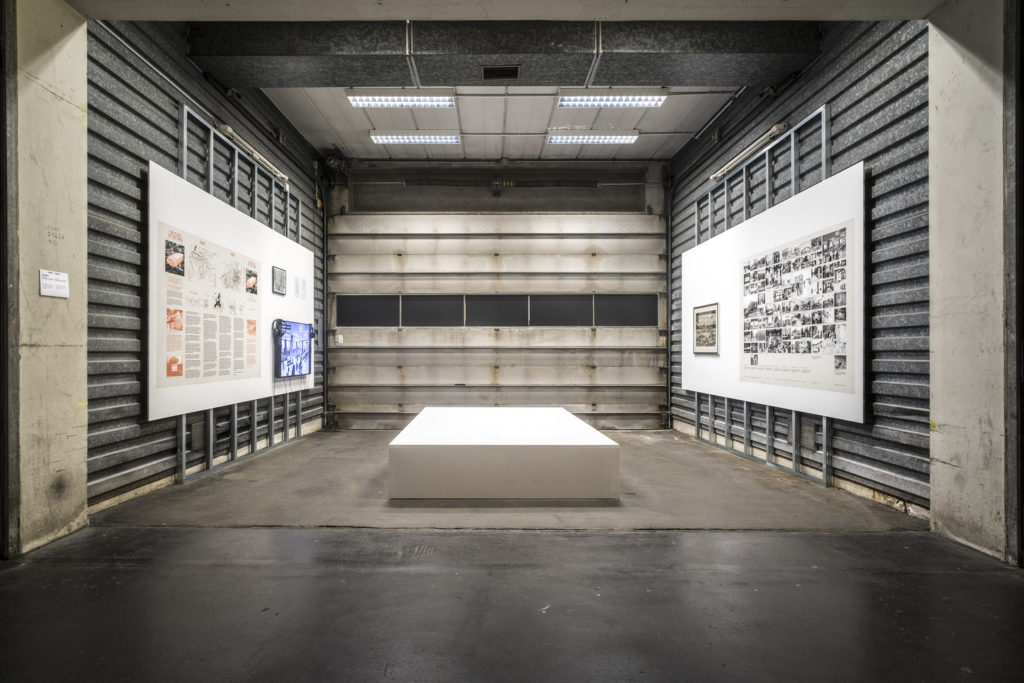
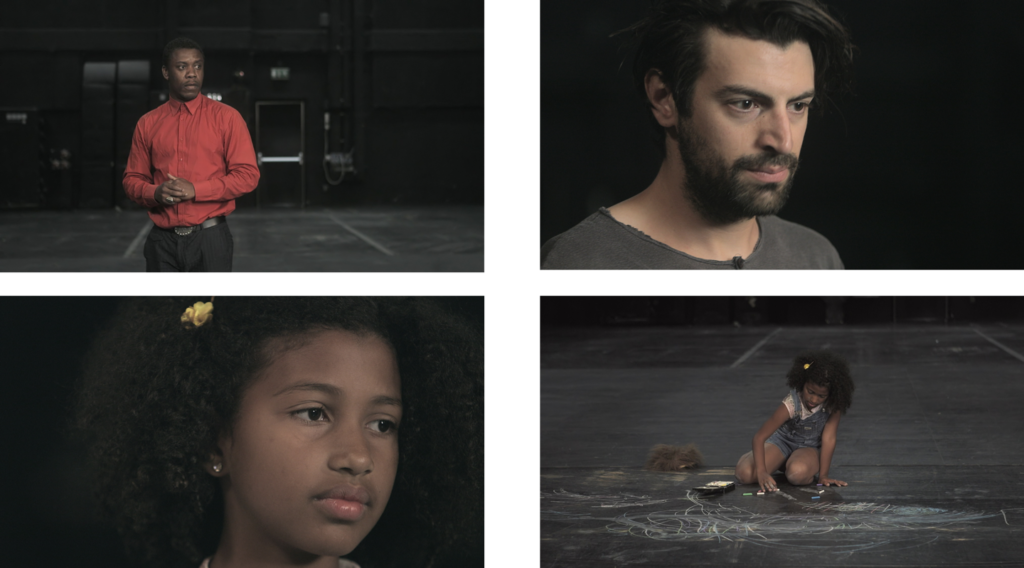
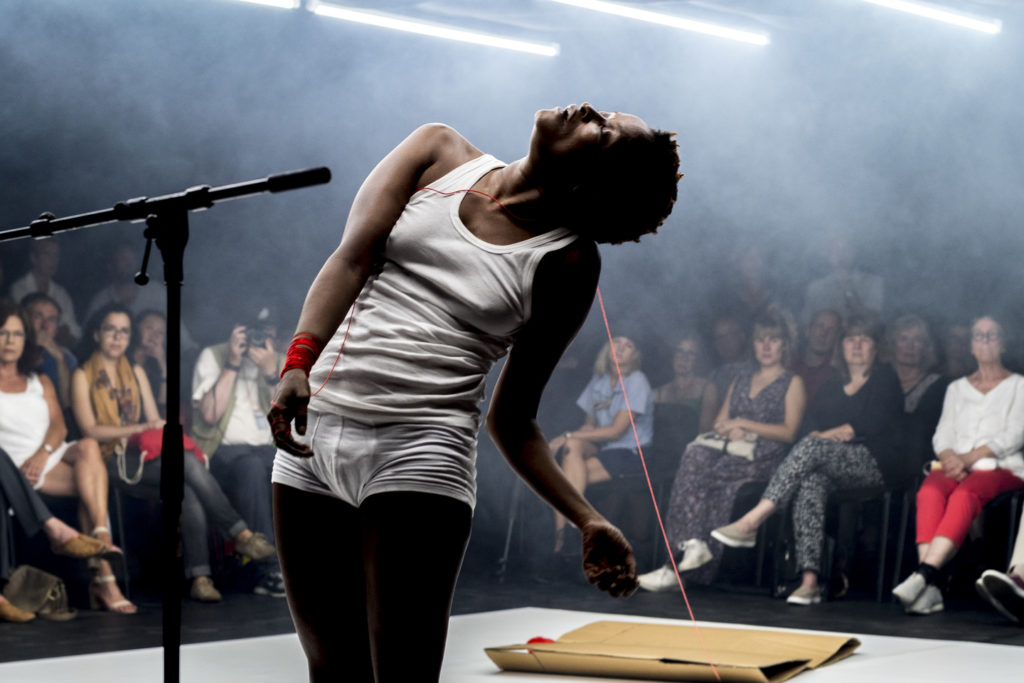
Conceptual Art
Barbara Casavecchia Taci, anzi parla
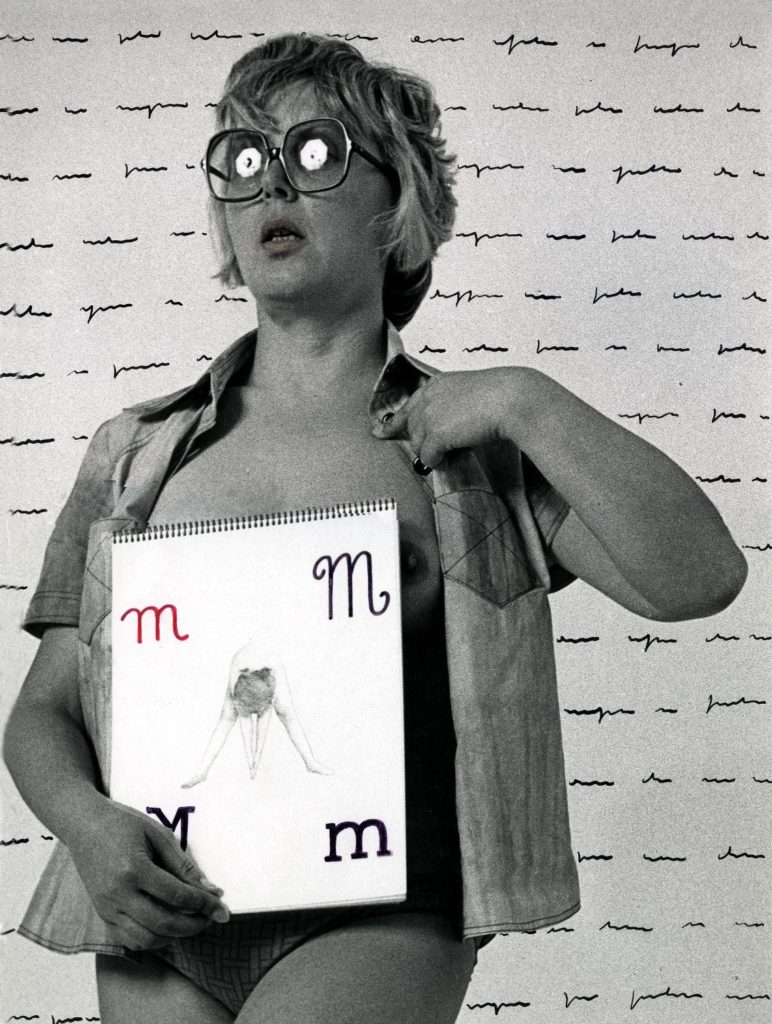
iQhiya Fresh off the boat
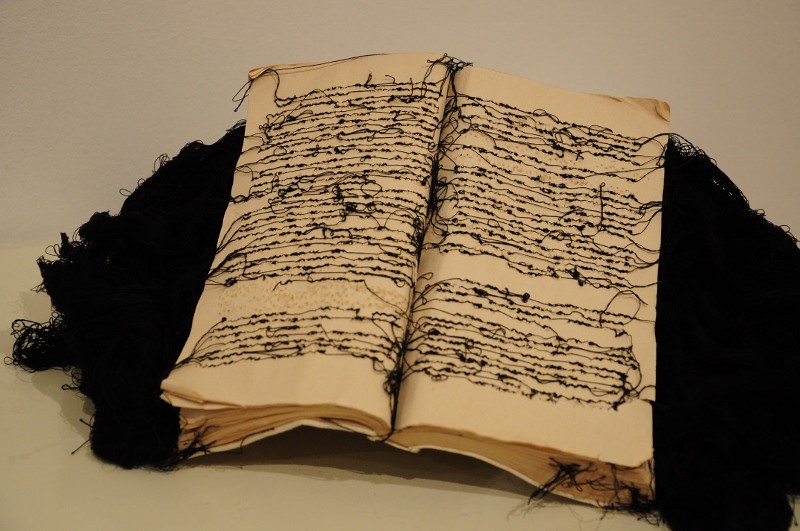
Pope. L

